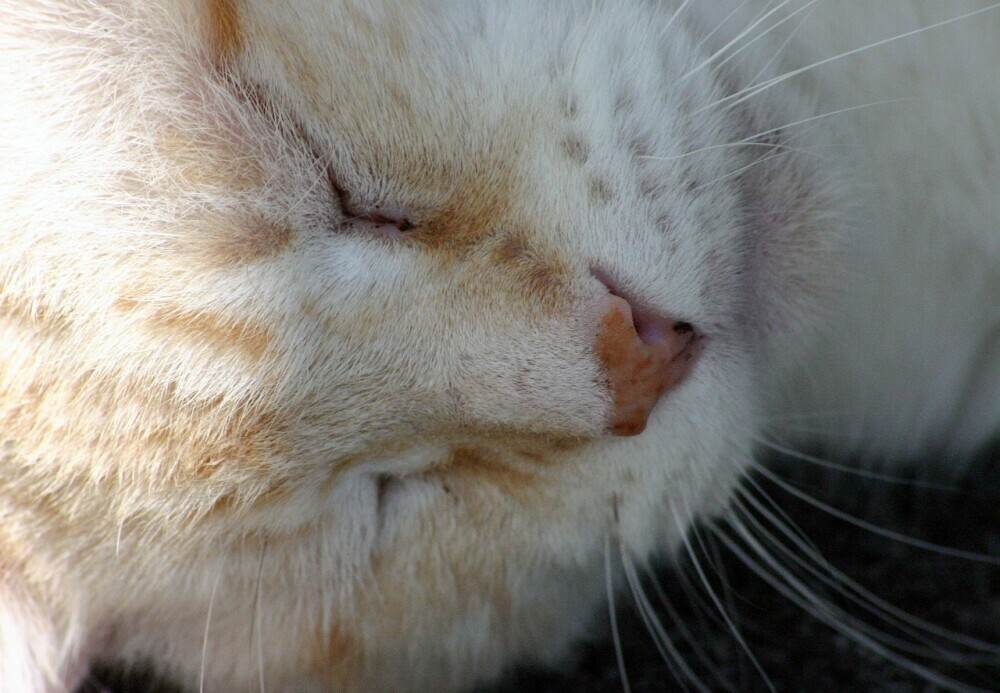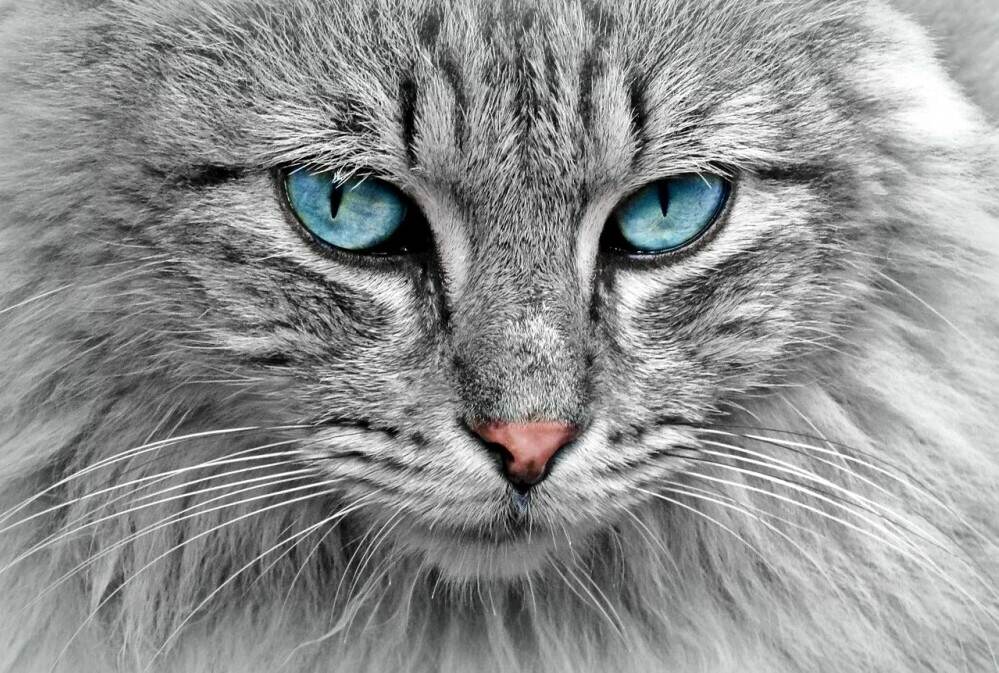
Diabetes mellitus, commonly referred to as diabetes, is a chronic health condition affecting cats of all ages, but it becomes increasingly prevalent in senior felines. This condition arises when the body struggles to produce enough insulin, a hormone responsible for regulating blood sugar levels. As a result, blood sugar levels rise abnormally, leading to various health complications.
While some symptoms of diabetes might be subtle, early detection is crucial for effective management and preventing serious health issues. Here’s a comprehensive look at the common symptoms of diabetes in older cats:
The “Big Four” Symptoms:
- Increased Urination (Polyuria): This is one of the most prominent signs of diabetes in cats. When the body has excess sugar in the bloodstream, it attempts to expel it through increased urination. You might notice your senior cat using the litter box more frequently or producing larger volumes of urine.
- Excessive Thirst (Polydipsia): Frequent urination leads to dehydration, causing your cat to feel excessively thirsty. This can manifest in increased water bowl visits, or your cat might be drawn to other water sources, like faucets or puddles.
- Increased Appetite (Polyphagia): Despite eating more, a diabetic cat might not gain weight or even experience weight loss. This occurs because the body isn’t effectively utilizing the calories it consumes due to insufficient insulin.
- Unexpected Weight Loss: Even though your cat might be eating more, the inability to properly use the nutrients for energy leads to weight loss. This can be a significant concern, especially in older cats with less muscle mass.
Additional Signs to Watch Out For:
- Lethargy and Weakness: The lack of energy due to the body’s inability to use glucose effectively can make your senior cat appear sluggish, disinterested in play, and reluctant to engage in activities they once enjoyed.
- Poor Hair Coat: Dehydration and the body’s metabolic changes can affect your cat’s fur, making it appear dull, dry, or unkempt.
- Vomiting and Diarrhea: In some cases, diabetic cats might experience digestive issues like vomiting and diarrhea.
It’s important to remember:
- These symptoms can also be indicative of other health conditions.
- The severity of symptoms can vary significantly between cats.
Please get veterinary attention if you notice these signs in your older cat. Early diagnosis and proper treatment can significantly improve your cat’s quality of life and prevent potential complications associated with diabetes.
Here are some additional tips for senior cat owners:
- Schedule regular checkups with your veterinarian, especially as your cat ages.
- Maintain a healthy weight for your cat.
- Monitor your cat’s water intake and urination habits.
- Be observant of any changes in your cat’s behavior or appearance.
Being aware of the symptoms and taking proactive measures can help your senior cat live a long and healthy life despite a diabetes diagnosis.

